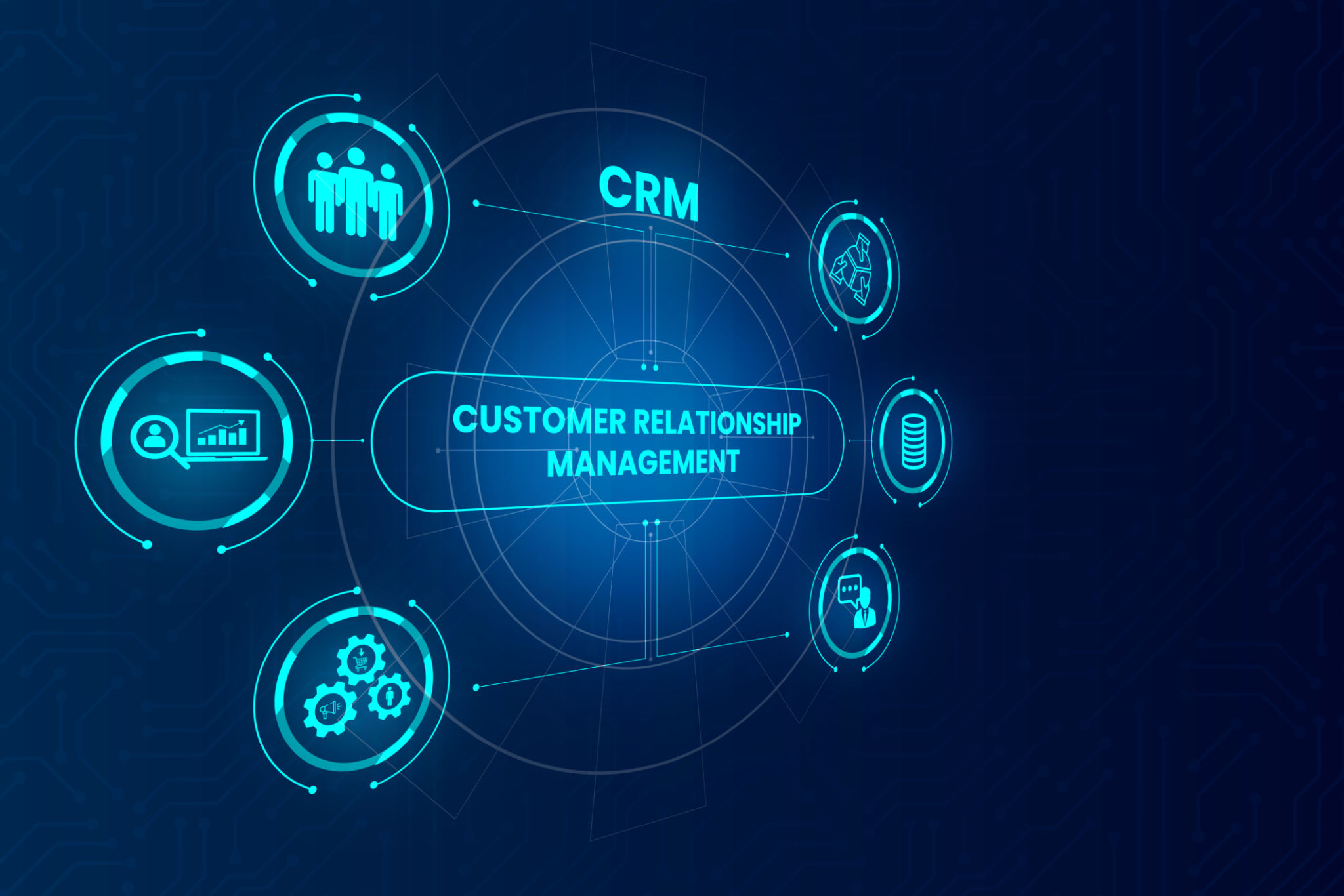Leading CRM Strategies: Insights from Top Managers in the US
Understanding CRM Strategies
Customer Relationship Management (CRM) strategies are essential for businesses aiming to optimize interactions with their customers. They encompass tools, technologies, and practices used to manage and analyze customer interactions and data throughout the customer lifecycle. In the US, top managers are increasingly focusing on refined CRM strategies to enhance customer satisfaction, loyalty, and business growth.

The Role of Data in CRM
Data serves as the cornerstone of effective CRM strategies. By leveraging comprehensive customer data, businesses can gain valuable insights into consumer behavior and preferences. Top managers emphasize the importance of utilizing data analytics to tailor marketing efforts and improve customer engagement. This data-driven approach allows companies to anticipate customer needs and offer personalized solutions.
Personalization: The Key to Success
One of the most significant trends in CRM is personalization. Customers today expect businesses to understand their individual needs and provide customized experiences. Leading managers advocate for the integration of AI and machine learning technologies to analyze customer data and deliver personalized content, recommendations, and offers, which can significantly boost customer satisfaction and loyalty.

Omni-Channel Engagement
In today's digital age, customers interact with businesses through various channels. Ensuring a seamless experience across all touchpoints is crucial for successful CRM. Top managers stress the importance of implementing an omni-channel approach, which allows customers to transition smoothly from one platform to another without compromising their experience. This strategy not only enhances customer satisfaction but also provides businesses with a holistic view of customer interactions.
Automation and Efficiency
CRM automation is revolutionizing how businesses manage their customer relationships. By automating repetitive tasks such as email marketing, follow-ups, and data entry, companies can streamline operations and focus on building stronger customer relationships. Managers highlight that automation tools can lead to increased efficiency and allow sales and marketing teams to dedicate more time to strategic initiatives.

Measuring Success in CRM
Effective CRM strategies require consistent evaluation and refinement. Metrics such as customer retention rates, Net Promoter Scores (NPS), and customer lifetime value (CLV) are instrumental in gauging the success of CRM initiatives. Top managers recommend setting clear objectives and using key performance indicators (KPIs) to measure outcomes and make data-driven adjustments when necessary.
The Future of CRM
The future of CRM looks promising with advancements in technology. Innovations such as artificial intelligence (AI), machine learning (ML), and the Internet of Things (IoT) are expected to further transform how businesses manage customer relationships. Managers anticipate that these technologies will enable even more precise targeting, improved customer insights, and enhanced predictive analytics, leading to deeper customer connections.
In conclusion, leading CRM strategies are pivotal for businesses striving to excel in customer relationship management. By focusing on data-driven insights, personalization, omni-channel engagement, automation, and continuous evaluation, top managers in the US are setting benchmarks for CRM success. As technology continues to evolve, businesses must adapt and innovate to meet the ever-changing expectations of their customers.
